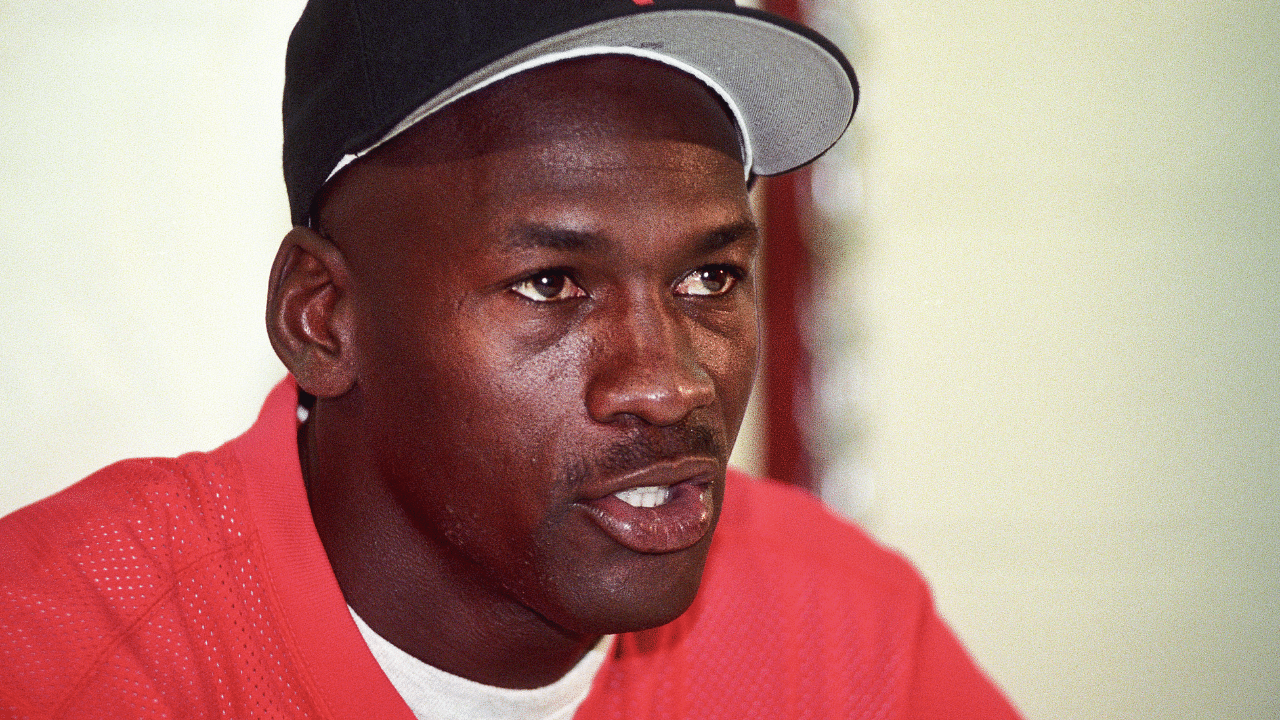The collapse of the Bulls dynasty can be primarily attributed to Jerry Reinsdorf, the owner of the Chicago Bulls, whose net worth stands at $1.7 billion. He played a significant role in shaping Michael Jordan’s era with the Bulls, which ended in 1998. However, in 1991, even before securing his sixth and final championship title, Jordan experienced apprehension about his future in Chicago. Despite being on the verge of winning his first title, Jordan harbored concerns. He thought he might be traded immediately afterward. Thereby bringing an end to his seven-season tenure with the Bulls. Sam Smith vividly captured Jordan’s anxiousness regarding his long-term prospects with the franchise in his book, “Jordan Rules.”
Advertisement
MJ’s journey with the Bulls began in 1984, and it took him six years to secure his first championship title. His immense popularity significantly boosted ticket sales and business in Chicago. However, as time passed, the Bulls’ management grew increasingly concerned about Jordan’s ability to deliver a championship. This unease led to a growing sense of mistrust and animosity between Jordan and the management.
Rumors and discussions circulated about the possibility of MJ being traded due to his perceived failure in bringing notable achievements to the franchise. The tension escalated to the point where Jordan experienced anxiety, even during the historic 1991 championship run.
Michael Jordan was anxious about his future with the Chicago Bulls ahead of the 1991 NBA Finals
As MJ stood on the verge of securing his first championship title, he found himself grappling with anxiety about his future in the league. The Bulls’ management, dissatisfied with the lack of championship success, made Jordan apprehensive about his lasting legacy with the team beyond the 1991 Finals.
This uncertainty gave rise to a palpable sense of anxiety and panic, evident during Game 5 of the series. In his book, “Jordan Rules,” Sam Smith effectively captures the emotional turmoil experienced by MJ during that critical period.
“On the threshold of his own personal redemption—he would gain the Finals’ Most Valuable Player award in a unanimous vote a few hours later—Jordan was as nervous as a kid facing his first day of school. ‘I don’t know what to do,” he confided as he sat in his locker stall just before the start of Game 5. ‘I’m nervous. Should I pass? Should I shoot? I really don’t know what to do. We’re right here and there’s no guarantee we’ll ever be back. Who knows what this organization will do? I know what they said, but they wanted to make a trade as bad as I did. They just couldn’t do it. But we’re here. And now what do I do?'”
Despite the tensions and anxiety surrounding the team, MJ’s Bulls managed to emerge victorious in the series, defeating Magic Johnson’s Lakers with a 4-2 score. Jordan’s exceptional performance led to him being unanimously voted as the Finals MVP, further solidifying his value to the Bulls.
However, it appears that the management remained skeptical of Jordan’s long-term durability and contributions. Despite going on to win five additional titles with MJ, Reinsdorf’s influence ultimately led to the dismantling of the illustrious Bulls dynasty by 1998.
Jerry Reinsdorf was successful in breaking the Bulls dynasty by 1998
The growing animosity leading up to the 1991 Finals was not the end of the troubles between MJ and the Bulls management. Jerry Reinsdorf and GM Jerry Krause actively sought an opportunity to diminish MJ’s influence. Despite being successful, they encountered greater resistance than anticipated.
After winning two consecutive three-peat titles, Krause and Reinsdorf successfully dismantled the Bulls dynasty. Krause believed that the team had aged and was no longer competitive. Following Jordan’s second retirement in 1998, Scottie Pippen was traded to the Houston Rockets for Roy Rogers. Dennis Rodman was allowed to depart as a free agent. Current Warriors head coach Steve Kerr was traded in exchange for other draft picks.
Finally, the departures of Phil Jackson and Michael Jordan marked the end of an extraordinary era for the Chicago Bulls.








